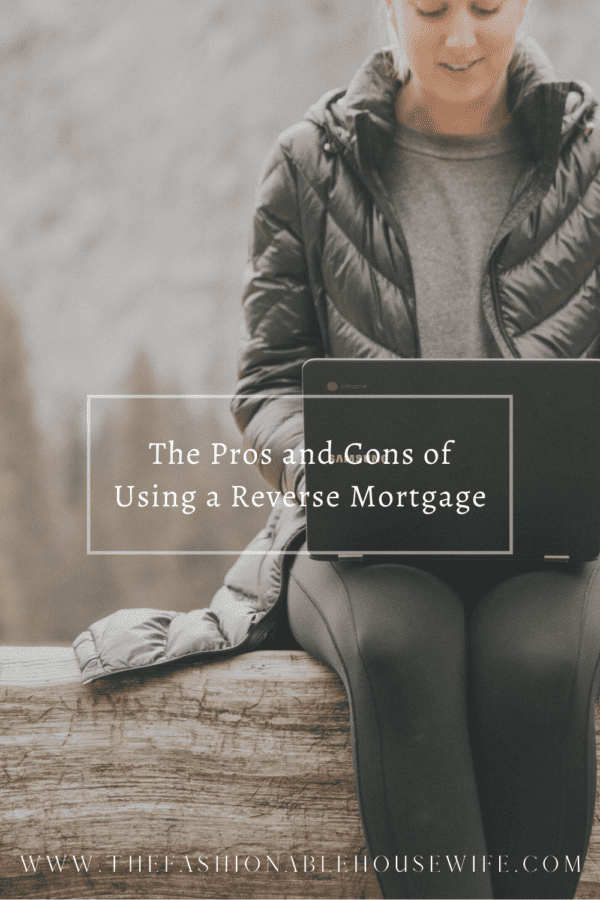
A reverse mortgage is a loan that allows people age 62 and older to borrow against the equity in their home without making monthly mortgage payments. But is a reverse mortgage a good tool to have in your financial arsenal? Is it the best way to consolidate credit card debt, or are there other options? Here’s what you should know.
How does a reverse mortgage work?
A reverse mortgage is a type of loan that allows homeowners over the age of 62 to borrow money against their home equity.
With a traditional mortgage, you pay the lender a monthly payment that gets put toward your total debt owed. However, with a reverse mortgage, you receive monthly payments from your lender that are calculated based on your equity. However, instead of reducing your debt, the debt owed increases for every payment you receive.
The borrowed money can then be used to cover expenses, such as healthcare costs or paying off other debts. Reverse mortgages are considered settled when you move out, sell the house, or die.
Are there any eligibility requirements for using a reverse mortgage?
A reverse mortgage can provide significant financial relief for seniors, as it allows them to borrow against the value of their homes. However, some eligibility requirements must be met in order to take advantage of this type of mortgage.
First and foremost, you must be at least 62 years old and own your home free and clear. Your home must be in good shape, or the lender may require certain repairs to be made before the loan is approved. In addition, your total combined debt-to-income ratio cannot exceed 44%. Finally, the loan must be approved by your lender.
What are the pros of using a reverse mortgage?
The pros of using a reverse mortgage are that it can help you cover expenses, such as healthcare costs or paying off debts. It is also a good way to consolidate credit card debt or reduce your overall monthly payments.
The funds you receive aren’t considered income since it’s technically debt. Consequently, the payments aren’t taxable. Also, you can stay in your home throughout the duration of the reverse mortgage, which is a big plus for many seniors as their costs increase over time.
What are the cons of using a reverse mortgage?
There are a few potential cons of using a reverse mortgage. First, since you’re borrowing against your equity, chances are your heirs, roommates, or other loved ones won’t be able to inherit the home when you die.
Second, while the IRS doesn’t consider your payments as income, they can still affect your ability to receive Medicaid or Social Security payments if you receive them as a lump sum and don’t spend the money after 30 days.
Finally, it’s important to note that a reverse mortgage is not a get-rich-quick scheme, and you should only take out one if you are prepared to fully assume the debt and responsibilities associated with it.
The bottom line
A reverse mortgage can be a great option for seniors who want to stay in their homes and borrow against their equity. However, it is vital to understand the pros and cons before deciding if this type of loan is right for you.



